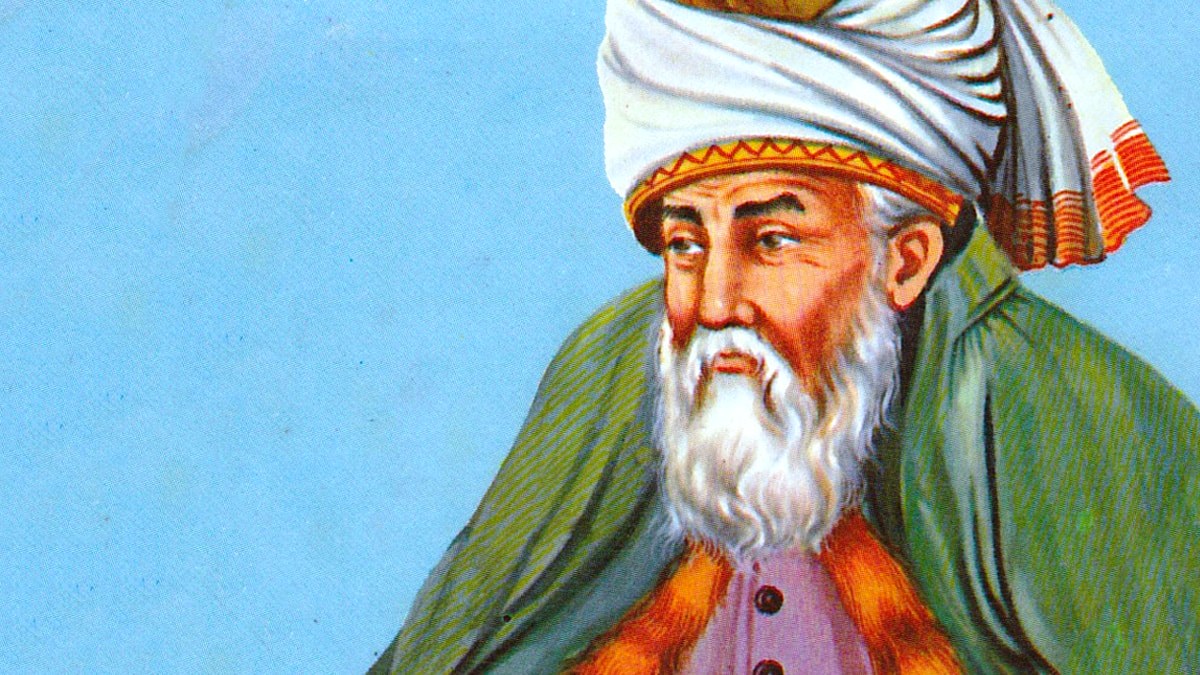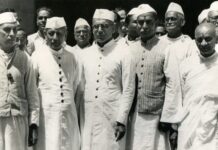On 21 November, in a telegram to Liaquat Ali Khan, Nehru acknowledged that these post-accession attacks, all of which involved convoys taking Muslims to Pakistan, had occurred. Nehru believed each attack was undertaken ‘chiefly by non-Muslims refugees’. The third convoy mentioned in Incident Seven had been guarded by Indian troops who repelled and killed 150 of the attackers. The Englishmen, who stated that this convoy was ‘escorted by Dogra and Madrasi troops’ (south Indians), confirmed Nehru’s position.
The kidnapping, rape and killing of females in 1947 has largely been forgotten or overlooked. Nevertheless, it was a significant problem, in J&K among other places. On 2 December 1947 the J&K Muslim Conference, applauding a reported initiative of the National Conference’s Controller of Jammu to ‘recover’ abducted women, believed that ‘about 5,000’ was ‘a rough estimate’ of the number of Muslim ‘girls’ abducted in Jammu Province. Pukhtoons abducted an unknown number of Kashmiri women. India and Pakistan were keen to find and repatriate abducted women. On 2 December, Nehru asked Liaquat to take all possible steps to rescue 2,000 ‘unfortunate’ Hindu women abducted from the Bhimber area ‘being sold like cattle at about Rs. 150 each’ in nearby Gujrat. The J&K Maharaja and Maharani made a similar plea in Jammu on 16 December, although Hari Singh may have been complicit in such abductions. According to
Sheikh Abdullah, while he and his cohorts were trying to defuse tension in Kashmir Province from the tribal invasion, Hari Singh and his wife were ‘fanning communalism’ in Jammu.
The man and the manuscript
It was for the first time in 1996 that Christopher Snedden flew to Srinagar as an “aberrant tourist” and the journey was frustrating. He had spotted a sign in Muzaffarabad indicating that Srinagar was just 170 kms down the road. But it was not open. He took an alternative road and the “trip of four hours could take anywhere up to forty-eight hours.”
The scholar found Srinagar by day as “a city under heavy military control, often subjected to locally induced hartals, and without cheer, charm or charity”. Once the sun set, he wrote in 2001, curfews and a lack of electricity made the city a dark, desolate and dangerous place in which the militants now opposed the military on equal terms. He was in Srinagar again in 1998.
Dr Christopher Snedden is an Australian politico-strategic analyst specializing in South Asia. Currently, he works as a consultant in Asia Calling, his own consultancy that specializes in providing information about South Asia, and for Deakin University as the Director of the Master of Arts (Strategic Studies) program offered by the university at the Centre for Defense and Strategic Studies, Canberra. Besides, he teaches a postgraduate unit, ‘Strategic Issues in South Asia’, for Deakin and an undergraduate history unit, ‘Modern India’, at the University of New South Wales, Sydney. He lives near Kyneton, in Central Victoria, Australia
Snedden has a Bachelor of Arts (Russian and Politics) and a PhD from La Trobe University, Melbourne, and has worked on South Asian matters for the Australian Department of Foreign Affairs and Trade and the Joint (now Defense) Intelligence Organization. He has worked a lot on issues related to the Kashmir dispute. His Ph D was on Paramountcy, Patrimonialism and the Peoples of Jammu and Kashmir, 1947-1991.
His latest publication The Untold Story of the People of Azad Kashmir was published by the Columbia University Press in July 2011. It offers a rare history of the territory’s largely forgotten people and the conflict that continues to define their status within the nation. It is in this backdrop that the author has examined the creation of Kashmir as an international dispute by analyzing the events that preceded the ceasefire agreement in 1948. His research has reiterated the larger reality that the creation of Kashmir issue and the division of Kashmir was fundamentally the outcome of Poonch uprising and the trial raids were a response to it.
The work is pioneering because not many people have looked towards the Pakistan administered Kashmir while the scholarship on J&K is huge. It also includes a detailed account of the large scale massacres that took place when J&K was literally and actually an independent state. Of the few conclusions the author makes, the most significant one is that the Kashmir issue was essentially creation of its own disunited subjects.
It is this book that Harper Collins India published last week. Its name, however, is changed. In India it has been marketed as Kashmir: The Unwritten History.
(This copy comprises select excerpts from the book Kashmir: The Unwritten History’s chapter that is about the happenings in Jammu prior to J&K’s accession with India. The entire chapter could not be published for limitations of space.)















